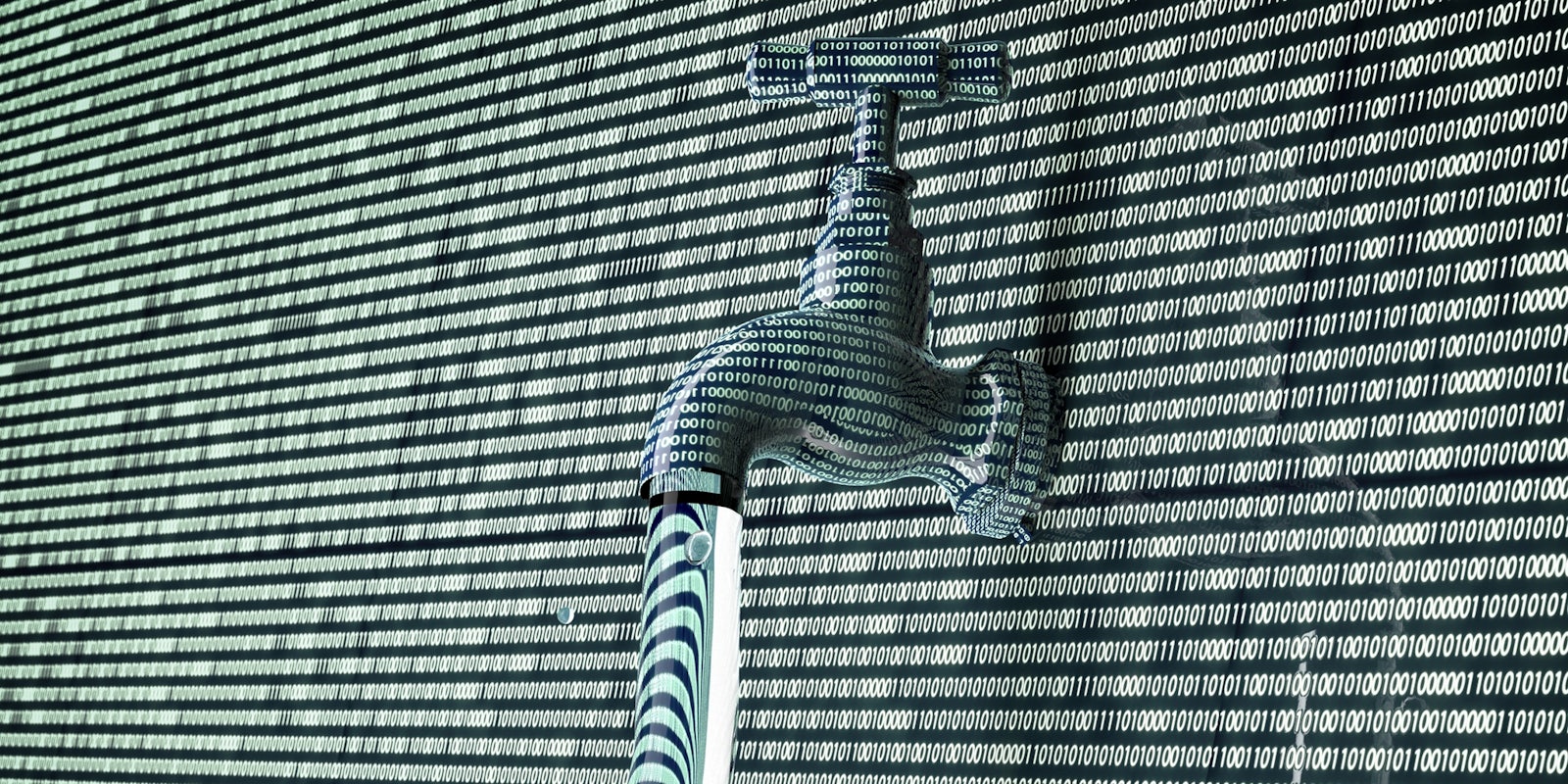A terrorist attack the day before Election Day. Fake emails that make Hillary Clinton look bad. Real emails that cast further suspicion over Clinton’s role as secretary of state.
These are the news stories dominating headlines and fueling discussion online four days before Americans head to the polls to pick the next commander-in-chief. They are also all based on anonymous sources.
Two of these stories comes from CBS News. The first reveals that U.S. intelligence sources have received a warning about a potential Al Qaeda attack in three states—New York, Texas, and Virginia—on Monday, Nov. 7.
The story is based on information provided by “sources” and includes a quote from a “senior FBI official.” The report stresses that “no specific locations are mentioned” in either of the three states, and the possible threat intelligence “ is still being assessed and its credibility hasn’t been confirmed.”
The second CBS News report reveals that the FBI has discovered emails on disgraced former New York Rep. Anthony Wiener‘s laptop that pertain to Clinton’s tenure as secretary of state. Weiner is the estranged husband of Huma Abedin, a top Clinton aide. The report offers scant details on the FBI’s revived inquiry into Clinton’s private email server, news of which precipitated Clinton’s dwindling poll numbers in her race against Republican presidential nominee Donald Trump.
The most substantial bit of news is that these emails “are not duplicates” of emails previously reviewed by the FBI—though it is not clear if the emails are of any meaningful significance.
“At this point, however, it remains to be seen whether these emails are significant to the FBI’s investigation into Clinton,” the report reads. “It is also not known how many relevant emails there are.”
The third report comes from Reuters and is based on information from “people with knowledge of the matter.” It reveals that Delaware Sen. Tom Carper (D) alerted the FBI to a leaked letter to Clinton on allegedly forged Carper stationary that reportedly reads, “We will not let you lose this election.”
The FBI is reportedly reviewing the letter as part of its investigation into hacks of Democratic Party institutions, which U.S. intelligence agencies believe to be the work of the Russian government, which has denied any involvement.
The report also says that the Clinton campaign has identified as fake a seven-page document from Democratic polling firm Benenson Strategy Group that claimed a need for “severe strategy changes for November.” Options for this strategy change: “staged civil unrest” and “radiological attack” to throw Election Day into chaos.
The source of both documents is unclear.
Anonymous sources are an essential part of reporting. As NPR explains in its ethics guidelines on anonymous sourcing, “We use information from anonymous sources to tell important stories that otherwise would go unreported.” That is fairly standard across newsrooms: Anonymous sources are not ideal—“on the record” is always preferred—but publications, including the Daily Dot, use them when the sources are credible and the story is in the public interest. This is particularly true when the source puts her or his life or wellbeing on the line to leak the information to the press.
At the same time, the use—or overuse—of anonymous sources remains a top frustration of readers. In response, the New York Times, for example, cracked down on the use of anonymous sources earlier this year due to an “overreliance on unnamed sources.”
Beyond the scant details in the reports above, particularly those from CBS News, there is little reason for readers to deem these reports illegitimate. However, the unusual level of leaks from FBI officials in the final week of the election has many questioning the motivation—if not the information itself—behind these leaks, the vast majority of which reinforce a negative view of Clinton.


